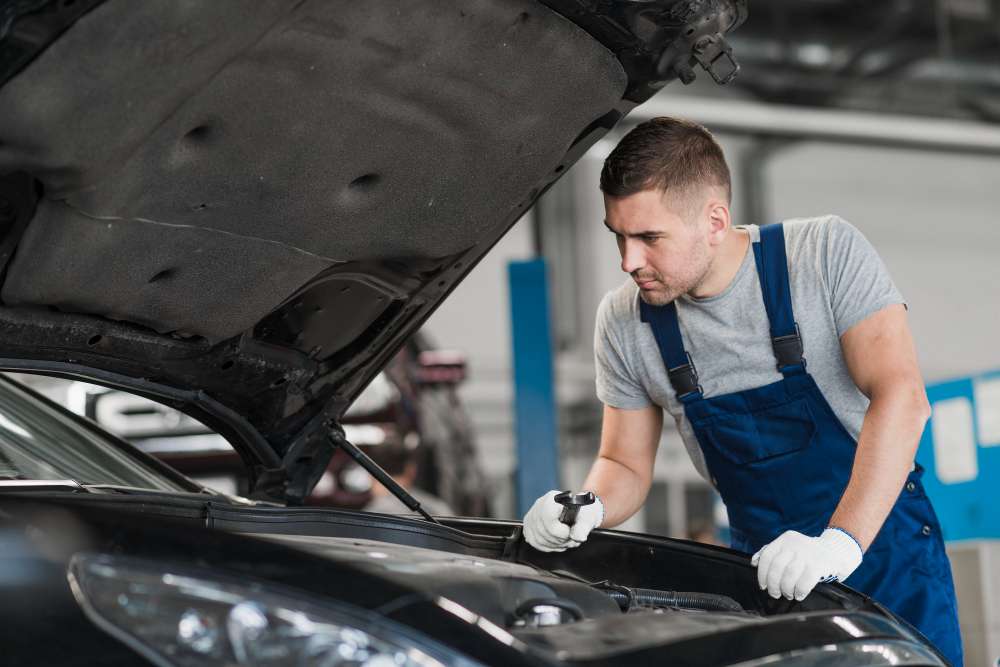
Maintaining a vehicle goes beyond filling up the gas tank and washing it occasionally. It's about adhering to a consistent maintenance schedule, which is crucial for your car's longevity, safety, and efficiency. Understanding and following your vehicle's maintenance schedule can save money, prevent unexpected breakdowns, and keep you and your passengers safe. Here's why it matters and what you should consider in your maintenance routine.
Key Components of a Vehicle Maintenance Schedule
Understanding your vehicle's maintenance schedule involves knowing what needs to be done and when. Here are some essential components to consider:
1. Oil Changes
Regular oil changes are one of the most important parts of car maintenance. The oil lubricates the engine's moving parts, reducing friction and preventing wear. Depending on your vehicle and the type of oil you use, oil changes are typically recommended every 3,000 to 7,500 miles.
2. Tire Maintenance
Tires are your vehicle's connection to the road, so keeping them in good condition is crucial. To guarantee even wear, rotate your tires every 5,000 to 7,500 miles and frequently check the tread depth and tire pressure.
Proper tire maintenance improves fuel efficiency, handling, and safety.
3. Brake Inspections
Your brakes are vital for safety. Routine brake examinations can detect wear and tear in brake pads, rotors, and calipers. Get them checked out if you hear squeaking or grinding sounds when you stop.
4. Fluid Checks
Your vehicle relies on various fluids to function correctly, including engine oil, transmission fluid, brake fluid, coolant, and power steering fluid. To guarantee your automobile runs smoothly, check and replenish these fluids regularly.
5. Battery Care
The battery powers your vehicle's electrical systems. Ensure the battery is firmly placed, and periodically inspect the battery terminals for corrosion. Most car batteries last between three to five years, so be mindful of your battery's age and condition.
6. Filter Replacements
Your vehicle has several filters that need regular replacement, including the oil, air, and cabin air filters. Clean filters improve engine performance and air quality inside the vehicle.
Regular vehicle maintenance is essential for safety, cost savings, and performance. By following the maintenance schedule, you can be sure that your car will continue to be dependable and effective for many years to come. Additionally, maintaining a positive rapport with your insurance provider and keeping them informed about your vehicle's condition can result in benefits like discounts, accurate coverage, and a smoother claims process. So, take charge of your vehicle's health and contact your insurance provider today to explore how you can maximize your benefits.